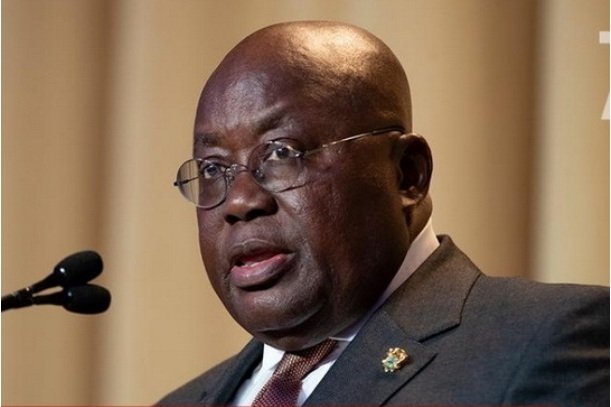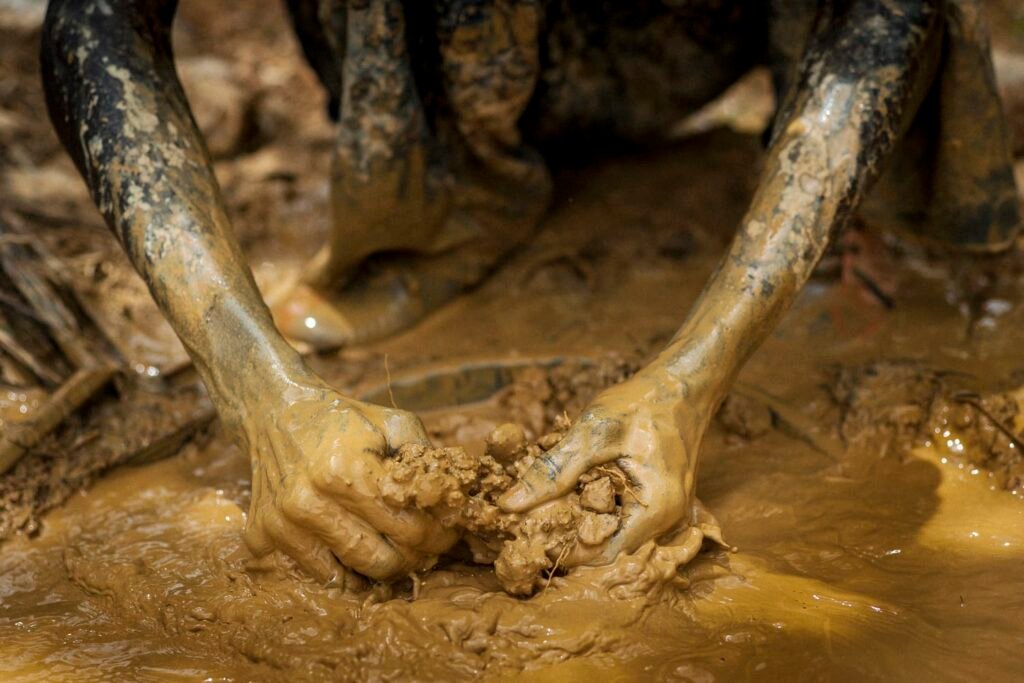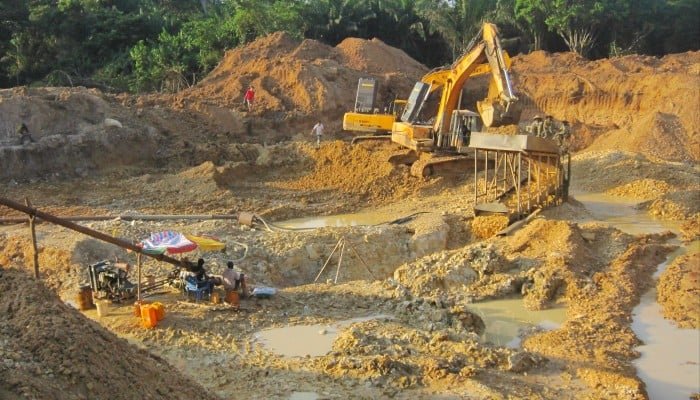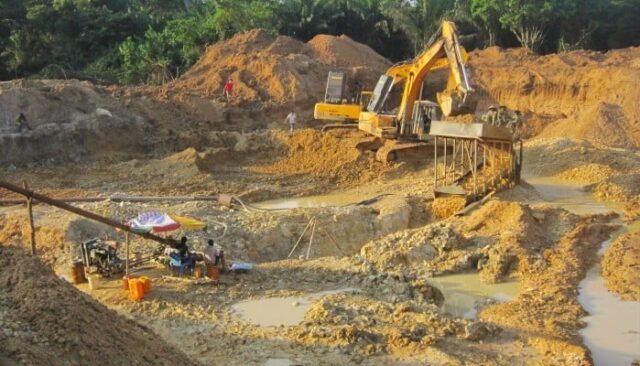Ghana has entered a defining moment in its economic journey. With new revenue streams from the Pecan oil field and a booming mining sector, the nation has a rare opportunity to turn natural wealth into long-term prosperity. But the World Bank has issued a firm reminder: if these windfalls are not invested wisely in people and future-oriented infrastructure, they could disappear like smoke in the wind.
This call is not just about numbers. It is about breaking a cycle seen too often in Africa—the resource curse—where countries rich in natural resources end up poorer in human development. For Ghana, the message is clear: oil and minerals may pay the bills, but it is people who build nations.
Table of Contents

A Resource Boom with Both Promise and Risk
Ghana’s mining sector, particularly gold, has been a backbone of its economy for decades. Gold alone contributes more than 10 percent of GDP, while foreign exchange from minerals exceeded $5 billion in 2023. On top of this, the discovery of the Pecan oil field is expected to inject new billions into government coffers over the next decade.
But this is not the first time Ghana has experienced a commodity boom. And history shows that quick cash from resources often leads to reckless spending, debt accumulation, and political patronage rather than development. The World Bank’s warning comes at a sensitive time, when public debt is still high and the cost of living weighs heavily on households.

Why the World Bank Wants the Money in People
The World Bank’s latest Ghana Economic Update makes a central argument: channel the windfalls into human capital. That means education, healthcare, and skills training. A young Ghanaian entering the job market today needs more than promises; they need employable skills to compete in a global economy powered by technology and innovation.
The report also highlights infrastructure gaps—roads, ports, and digital networks—that limit growth. If oil and mining revenues are invested here, they can unlock private sector expansion and jobs. Instead of short-term consumption, the Bank advises future-focused spending that improves productivity and resilience.
“Investing in people is the best way to secure Ghana’s economic future,” the Bank noted. It is a polite but urgent warning: don’t use resource money just to patch budget holes.
Avoiding the Resource Curse
The phrase resource curse has become almost a cliché in Africa. Nigeria’s oil wealth, Zambia’s copper, and even Ghana’s own cocoa story show how natural riches can become a trap. Revenues surge during boom years but collapse just as fast when global prices fall. Governments overspend, debts pile up, and citizens are left with little to show.
Ghana’s challenge is not just how much it earns but how it spends. Poorly planned public investments risk creating “white elephant” projects—expensive roads to nowhere, abandoned factories, or ghost towns that add no real value. The World Bank’s advice stresses fiscal discipline, transparent governance, and environmental safeguards. In other words: don’t repeat the mistakes of others.
Corruption, too, remains a serious concern. Resource booms often invite rent-seeking and misuse of funds. To protect its future, Ghana must strengthen institutions that oversee revenue management, ensure accountability, and guarantee that spending reflects national priorities rather than political expediency.
From Windfalls to Lasting Prosperity
The biggest test of Ghana’s commitment will be whether today’s oil and gold wealth creates tomorrow’s opportunities. Youth unemployment continues to rise, and many graduates struggle to find work. Without deliberate investment in education, vocational skills, and entrepreneurship, the next generation may inherit resource revenues but not resource benefits.
There is also a call for inclusivity. Resource wealth must touch communities beyond Accra and the mining enclaves. Rural infrastructure, health systems, and agricultural support remain critical if the entire nation is to share in the gains.
This is the vision the World Bank is pointing to: turn volatile revenues into lasting assets. Build schools and hospitals, expand broadband access, fix roads that connect farmers to markets, and create a safety net for vulnerable citizens. If Ghana takes this path, it can sidestep the resource curse and achieve resilience.
But if revenues are squandered on political consumption or mismanaged projects, the country risks losing not just money but a once-in-a-generation chance. The choice is stark, and the window is narrow.

Conclusion
Ghana’s oil and mining boom is both a blessing and a test. The World Bank’s advice—invest oil and mining windfalls in people—captures the essence of what development should mean. It is not the minerals underground that will transform Ghana, but the human potential above ground.
If the government listens, Ghana can write a new chapter where natural resources fuel education, health, innovation, and shared prosperity. If it doesn’t, history will repeat itself, and the golden opportunity will fade.
For now, the ball is firmly in Ghana’s court.
Join Our Social Media Channels:
WhatsApp: NaijaEyes
Facebook: NaijaEyes
Twitter: NaijaEyes
Instagram: NaijaEyes
TikTok: NaijaEyes





